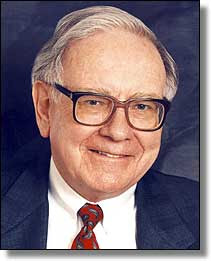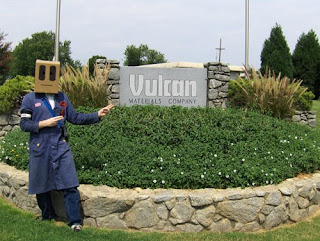 I've always considered myself a value investor. However, this past year I've morphed into a reverse value investor: a short seller. Since the trend of the market has been downward, it has been easier to find value in overpriced securities as opposed to finding the undervalued gem that will still go down in a down market.
I've always considered myself a value investor. However, this past year I've morphed into a reverse value investor: a short seller. Since the trend of the market has been downward, it has been easier to find value in overpriced securities as opposed to finding the undervalued gem that will still go down in a down market.The next bubble to burst is the for profit education stocks. These companies have actually gone up in the last year! They sell at high multiples and momentum players are apt to push them up further. The value of the education they provide is dubious and their students can't afford their astoundingly high tuition without credit cards, home equity, and lots of student loan debt. At some point this is going to end. But right now investors believe that the avalanche of layoffs will lead to enrollment increases as workers become willing to pay for retraining and the Obama stimulus will help fund that retraining. Maybe. I think it's all baked into the stock prices of ESI, APOL, DV, COCO, CECO, and STRA. In fact it is singed and over baked. But I'm afraid of getting run over by the momentum trade. So I need to wait here, but there will be money made betting against this industry.
While I wait for the opportune time to bet against the above names, in addition to my regular short bets, I've begun to move more money into anti-inflation investments. For months I've held RTPIX , the inverse 10 year treasury, VFISX, a Vanguard short term treasury fund, and GLD, a gold bullion ETF. I've recently added to all three. The 10 year yield has been steadily rising and gold has been charging. There are reports that foreign governments are not buying as many treasuries as they did during the flight to safety. The safety flight pushed yields down and it appears that they are going up as investors reconsider how long they can stay with negligible yield and a deteriorating currency and credit rating. Inverse bonds or TIPS should be a reasonable place to park some money.
I've been studying the remaining merger horizon to see if there is a safe replacement for PSD. I haven't determined a likely candidate yet, but hopefully the market will present one. Arbitrage has been one of the few bright spots of the past 6 months.
I really want to short a trade school, but I can't.












